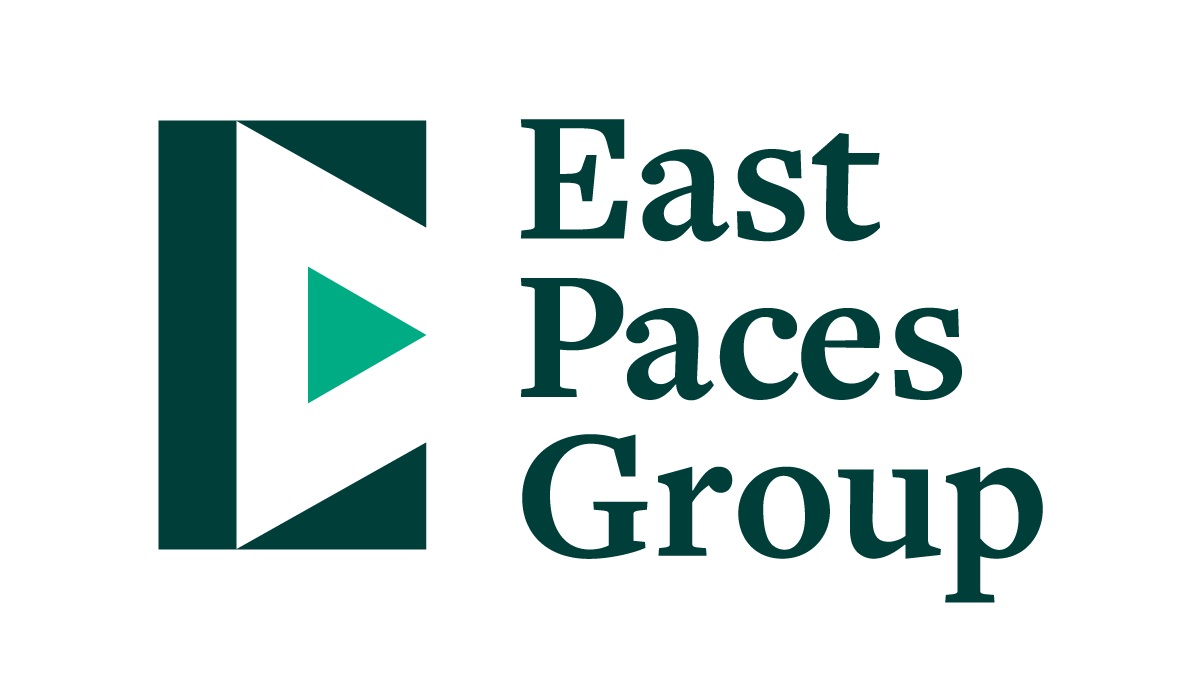Financial Planning Tools: How Software Helps Advisors Remain Confidently In Compliance
Adam Shell 9/28/2020
Financial advisor Daniel Milan uses software to ensure there are no gray areas managing clients' money. Financial planning tools reduce the odds that an investment could be later viewed as too risky. And it helps avoid conflicts as to who said what if a portfolio dispute arises.
Tech tools help set expectations and minimize client complaints. Another benefit: They can quantify a portfolio's risk level and its suitability for a client. Further, they provide a paper trail that documents how assets are invested.
Don't Cross Ethical Boundaries
Software helps advisors avoid crossing ethical lines by flagging things that could come back to haunt them.
"What (software) really does is it keeps the financial advisor and client on the same page, which takes conflicts off the table down the road," said Aaron Klein, CEO of Riskalyze. The company's software generates a "risk number" for each client that helps advisors align portfolio risk with a person's risk tolerance.
"It doesn't let advisors operate by feel anymore," Klein said. "It's pushing them toward operating with data."
Technology assists in many ways. It objectively calculates a client's risk tolerance, and it identifies appropriate funds. Software also tracks performance and archives trading history.
Keeping Good Notes
Software also stores "notes" of what was discussed in client meetings. It bolsters client recruitment and provides compliance-related alerts. Also, it allows advisors to use data as a jumping off point to discuss issues with clients. And it provides advisors with a paper trail in the event of a regulatory audit or client complaint.
"Everything we do is designed to store, hold and retrieve data," said Brian McLaughlin, CEO at Redtail, a customer relationship management (CRM) software firm built specifically for financial advisors. Tech is the "golden source of truth."
Technology can't eliminate all bad actors, but it can act as a deterrent.
"It gives unethical people no place to hide," Klein said.
Permanent Record
Also, uneditable digital notes can often become a part of a client's permanent account record. "Without a notes history, what's to say a client won't say, 'That's not what we talked about,' " Redtail's McLaughlin said.
Matt McGrew, chief operations officer at USA Financial, says the more documentation, the better. "You need to be able to prove: Here is what we did and why we did it."
Also, making sure performance data is reported accurately is made easier by software, adds Alex Reffett, co-founder of East Paces Group in Atlanta. His firm uses Black Diamond software to track account history and provide clients with statements, performance reports and account archives in a "very transparent way."
Another item that financial planning tools can help with is forming data points, which can lead to "talking points." The more you know about your client, the less chance a portfolio choice can be questioned later. Analyzing computer-generated data about a client can be the starting point to meaningful conversations.
"It can be a window into the mind of a client," said McGrew. "Software breeds more collaboration."
Click Here to read the full article on Yahoo! News.
